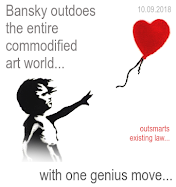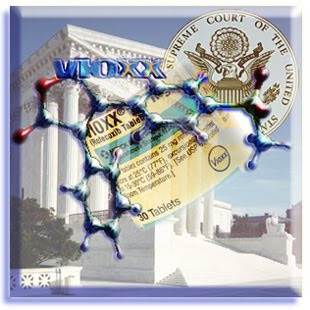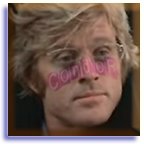He was a far more complex, and nuanced thinker than most of the press accounts would suggest. . . . do not lose him, in a sound bite.
If you really want to know the King that his fellow marchers knew (and cannot afford the time to interview them all, yourself) -- you must go read all of Taylor Branch's volumes, on his life. Throughout each volume, Branch's narrative is meticulous and poetic American history -- yet not watered down into the sound-bites so many today traffic glibly to and fro, as an excuse for analytical thinking. I'll quote just a bit of an older interview of Mr. Branch, to give you a sense:
. . . . "King had crossed over as a patriarch like Moses into a land less bounded by race. To keep going, he became a pillar of fire. . . ."
In an interview in his Mount Washington home, Mr. Branch said he found it striking how Dr. King, in the years before his assassination in April 1968, again and again chose a course that many around him considered wrong, foolhardy and even dangerous.
"To go from winning the Nobel Prize to Selma, to force yourself to do that against the wishes of not only your white allies but also of some of your own movement people -- you're really fighting to take yourself down," Mr. Branch said. "That 'downward King' is really full of passion and difficulty.
"In the early times, King is fighting for success, both for himself and his cause -- that is, for recognition. And, finally, it happens. He becomes famous, wins the Nobel Peace Prize, and so forth. Lots of people wanted to celebrate him for that. And the natural tendency is to not jeopardize all that, but that's precisely what he did. You get the picture of someone who is besieged on almost every side, and is willing himself downward to greater risk because he is driven by his conscience. . . ."
He cited several examples: Dr. King's involvement in the Selma voting rights campaign, his vocal opposition to the Vietnam War, his decision to move the civil rights campaign north in 1966, and his belief that an ambitious program was needed to end poverty in America.
"It was a revelation to me how controversial the poverty program was among his own people," Mr. Branch said. "His determination to make that an issue bothered them because it went against their status. It meant associating with the poorest of the poor. The leadership class -- the coat-and-tie set, whether they were ministers or NAACP types -- had to go out and make common cause with illiterate sharecroppers and the equivalent of the underclass. That was not popular among the movement, and it sure as heck was not popular among white liberals. They thought he was getting out of his element, talking about economic issues instead of morality and how to treat people.
"And, of course, the same was true about Vietnam. There he was altogether out of his element, and not only was he out of his element, but many people who had never shared his cause of civil rights repudiated him, reproached him for damaging his cause by getting out into an area where he didn't belong."
As for King's decision to lead civil rights marches in the Chicago area in 1966, Mr. Branch said: "You'd be surprised at the number of people who didn't think racism existed in the North and saw it as a peculiarly Southern phenomenon. But after those marches through Gage Park and the Chicago suburbs, they were too vivid for people to ever deny that there was something primordial about race in the North, too. . . .
It is with both joy -- and profound sadness -- that I will mark the day. Obviously the sadness, for a life stolen by an assassin -- far too short of King's own ambitions -- for a more just society. The joy though -- that so much of what he hoped for, and dreamed of -- has been been rekindled -- in a new generation (through the fires lit by an undeniably racist president, and his ilk):
May they, one day soon (in body and spirit) have crossed over, into a land less bounded by race -- and now, to keep going, they must become. . . pillars of fire. . . and a good Monday
नमस्ते


















No comments:
Post a Comment